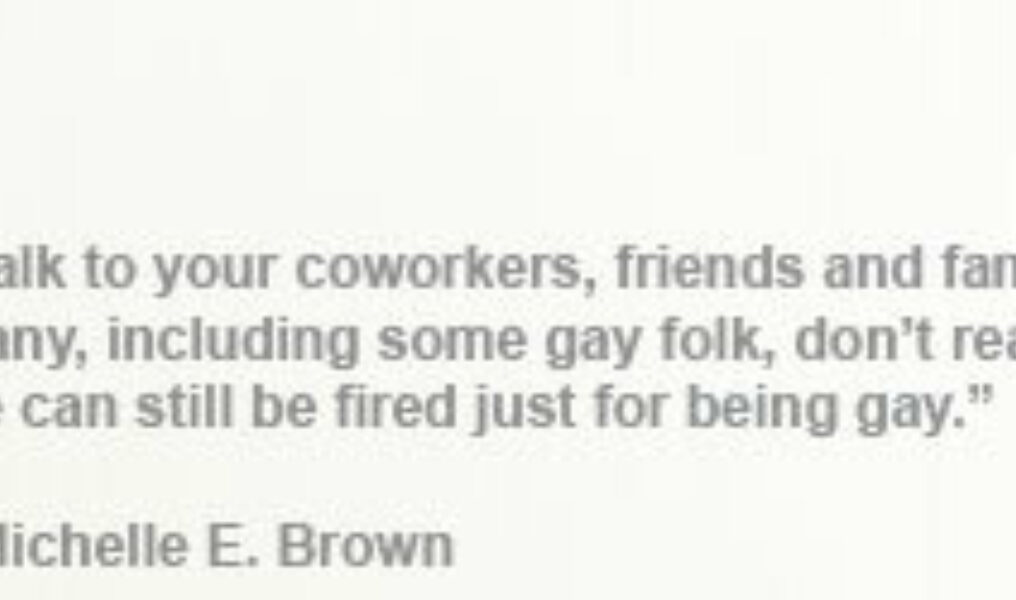
Viewpoint
Despite the parades celebrating the accomplishments of workers and unions held in cities across the country, for most people Labor Day traditionally means the end of summer, the time to put away your summer cottons and break out your tweeds and wools, the time to return to the day-to-day business of the world, the time when vacations end as we return to the humdrum pace of school and work. It's that one last long weekend to hit the beach, picnic, fire up the grill and party with friends.
We've come to take for granted the 40-hour work week with eight-hour days with compensation for overtime, clean and safe work environments, benefits, paid time off and fair wages. But it wasn't always that way.
Before Labor Day became a federal holiday in 1894, the average American worked twelve hour days, seven days a week and even then barely eked out a basic living. Children as young as five and six worked in factories and mines for pennies. Even today's worst working conditions could not compare to the unsafe working conditions in the early days of the industrial revolution that often had insufficient access to fresh air and sanitary facilities. The work place was not an environment for workers' rights, let alone human rights.
Thanks to the historical efforts of labor unions, workers today in general enjoy safe, healthy work environments, with wages including benefits such as paid time off and medical benefits for themselves and their families. The lot of today's workers, particularly in the U.S., is enviable to poor countries and individuals worldwide.
Workers' rights have come to represent both legal rights and human rights that not only provide protections for workers but have also provided a springboard for the inclusion of basic human rights in the community at large.
From laws prohibiting child labor to protecting employees against sexual harassment and providing equal opportunity in hiring, firing and advancement, labor rights, gained through union negotiation and/or federal/state legislation, have paved the way in protecting rights and expanding social justice.
There is a case to be made that labor/business practices have advanced more for LGBTQ equality than legislation. Many companies now offer domestic partnership benefits, have LGBTQ affinity groups, and are major donors to our centers and organizations.
We have jobs. We lead industries but still it remains legal in 29 states to discriminate based on sexual orientation and in 35 states to do so based on gender identity or expression. That's right. LGBT people face serious discrimination in employment, including being fired, being denied a promotion, and experiencing harassment on the job. And just like advances in the workplace led to greater civil rights in our communities, this bias in the work place helps perpetuate discrimination and homophobia.
In the past when corporate America has dragged its feet on issues of human rights, legislation has been enacted to ensure equal rights particularly when the issue affected the common good of Americans.
When the issue was child labor the most sweeping federal law to restrict the employment and abuse of child workers was enacted in the Fair Labor Standards Act.
Title VII of the Civil Rights Act of 1964 prohibits employment discrimination based on race, color, religion, sex and national origin. Several sections of Title VII were amended in the Civil Rights Act of 1991 and the Lily Ledbetter Fair Pay Act of 2009 to provide for the recovery of compensatory and punitive damages in cases of intentional violations of Title VII.
Again and again laws have been enacted and become standard operating procedure in corporate America to protect workers, their rights and their safety, yet still in 2011 one group of Americans has no protection in 35 states.
The Employment Non-Discrimination Act offers Congress the opportunity to ensure workplace equality by protecting LGBTQ workers from employment discrimination. It would ban employment discrimination based on an individual's sexual orientation or gender expression and protect workers from discriminatory hiring, firing, promotion or compensation practices, and retaliation for reporting such practices.
When Congress has found such discrimination, it has repeatedly passed laws to restore civil rights by ensuring arbitrary considerations do not determine access to employment. But when it comes to ENDA, Congress just can't get it done.
So maybe it's time for labor to flip the switch, time for the American workers and corporate American citizens to show Congress the right thing to do.
Talk to your coworkers, friends and family about ENDA. Too many, including some gay folk, don't realize that in 35 states we can still be fired just for being gay.
Don't shop or patronize businesses that don't actively stand for equality. Tell them to end the corporate silence and lobby for equality.
We can do this. We have the power to be the change we want to see. So after the marching and picnics are done, let's use our power to leverage the intersection of labor rights and LGBTQ equality to get ENDA passed NOW!










